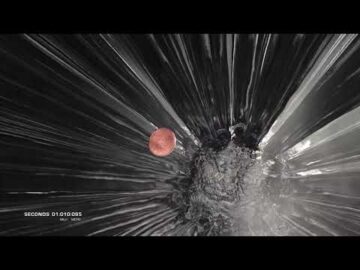Russia does not seem like they will be able to quickly fix the problems that resulted in Ukraine breaking through Russian lines and take over 8000 square kilometers of land. US satellites and intelligence have been able to precisely identify ammo depots and command centers. Russia has no response to precision long-range Himars artillery.
Why will it only be a matter of months before Russia has to completely retreat from Ukraine? Four or five more operations of the scale of the recent operation will push Russia out. However, it will take several weeks to months for Ukraine to destroy the ammo depots and command centers in the next area currently under Russian control. Hitting bridges, roads and rail connections. ammo depots and command centers are hit then Ukraine will be able to set up for another large breakthrough.
Russia loses thousands of soldiers and lots of equipment when these collapses happen. Russia will not be able to recruit and train soldiers at the speed and scale needed to do anything. More troops will not matter if Russia cannot address its disadvantages against long-range precision artillery. Russia cannot train or retrain air force pilots to make the air force effective.
It would take years to address the many logistical, equipment and military tactic problems exposed in this war. Russia failed to do this after the Chechnya wars decades ago.
August, 2022, Russian President Vladimir Putin ordered the Russian military to increase its number of soldiers by 137,000 to a total of 1.15 million servicemen.
Russia likely has lost 100,000 men in the war (killed or wounded). Russia will likely lose another 50,000 (killed or wounded) before they completely retreat.
Russia will also have lost large numbers tanks, planes, ships and other equipment. The old soviet era equipment has been shown to be mostly useless.
Russia has about 9 million men aged 18-27.
Russia has nuclear weapons and the equipment to defend itself from attack.
Russia will take at least five years to fix its trucks, tanks, drones, artillery and missile problems. It will also need that time to recruit and train its military after overhauling its military tactices.
Any world military following the Russian command and control tactics, equipment and artillery and military operation style will know they have rebuild their military. However, changing military command and control is not possible if the political system cannot trust junior officers.
Charles Hooper, a retired Army lieutenant general has these insights:
The Ukraine war has demonstrated that a well-supplied, well-motivated defender can effectively disrupt or even defeat a clearly superior adversary. If nothing else, this defender can significantly increase the cost and length and duration of a military conflict to the detriment of the attacker.
Russian officers keep getting killed because they don’t trust their junior subordinates to give them an accurate picture of the battlefield. They’re being hounded by Moscow to [share] what’s going on, and they only trust their own judgment. The success of [breaking up larger formations into smaller ones] is predicated on active, adaptive combat leaders who are willing to use their own initiative during the rapid evolution of combat operations. To illustrate that, we have a saying in the U.S. military that fundamentally describes the cultural difference between the Chinese and Russian militaries and the U.S. military. And every military officer learns it from the very beginning of his training: It’s easier to beg for forgiveness than ask for permission.
[U.S. military officers] learn to use and trust their own judgment in a rapidly evolving combat situation and explain their actions later on. And they anticipate that their leadership will support their actions, particularly if there’s a favorable outcome. And these types of cultural tenets are not necessarily common to either Russian military culture or Chinese culture. Those types of capabilities are absolutely essential to the success in information warfare– and hybrid warfare–based environments.
Several European country will be beyond Russia ability to conventionally attack in 2 years or less. Ukraine will stay armed and capable. Poland, Turkey have or will have armies and air forces far beyond even a revamped Russia conventional force to attack. Japan, South Korea, Taiwan will be too much for China to take. China offensive, power projection is no good. China has russian planes, poorly trained pilots and command and control problems. Plus China is a glass cannon with an economy built for peace. Any war, any capable opponent hits the many dams or the high speed rail crossing points.
Equipment Problems
Russia needs to be able to match Lockheed Martins HiMars which has a proven range of 300 kilometers and new ammunition will give it a range of 499 kilometers.
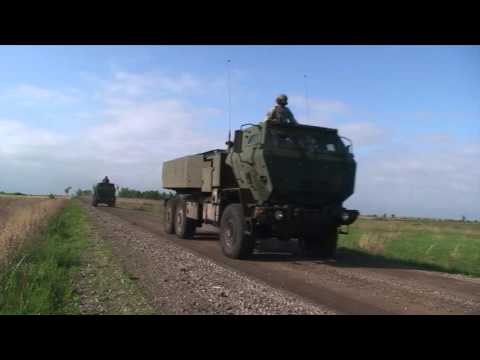
Russia needs new trucks that can actually go off-road. The tires on trucks that should have been able to go off-road would shred when they were not on roads.
Drones and Tank Protection Systems and Lessons for All Countries
All countries will need to recognize the issue of long-range precision artillery. They will also need to upgrade their combat drones and their tank missile protection systems.
All countries will need to improve air force pilot training.
All countries are modernizing their tank forces and increasing spending on drones, missiles and high-end artillery.
Countries will have learned that the US, UK and European countries can support a country like Ukraine in a proxy war to defeat Russia. They can provide satellite and military intelligence and equipment to defeat Russia.
South Korea and Taiwan have more military than Ukraine has. South Korea and Taiwan have more money, more equipment and more trained forces.
China’s air force is mostly either Russian equipment or copies of Russian equipment.
The US would be able to load up Taiwan with weapons to defeat China. The US would have to avoid send US navy ships too close to China. China has missiles to sink US ships. The US could operate from bases in Japan, South Korea, Taiwan and the Philippines.




Russia was previously ranked second in the world in military power. Ukraine was ranked 22nd.


Russia has adapted against the Turkish combat drone. However, there is an arms race in combat drones.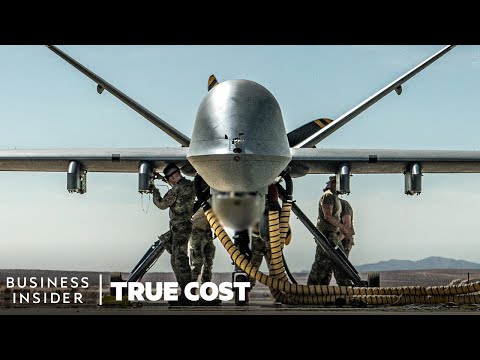

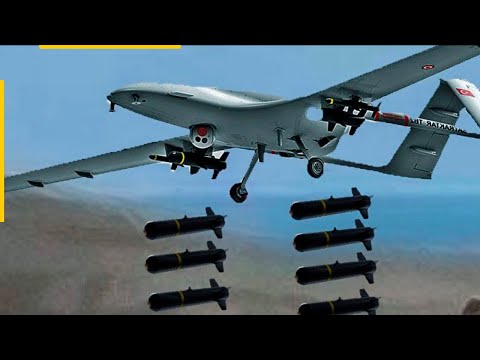
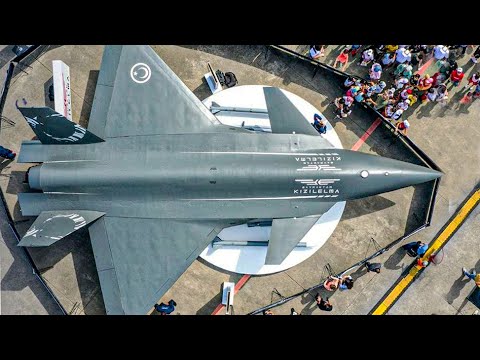
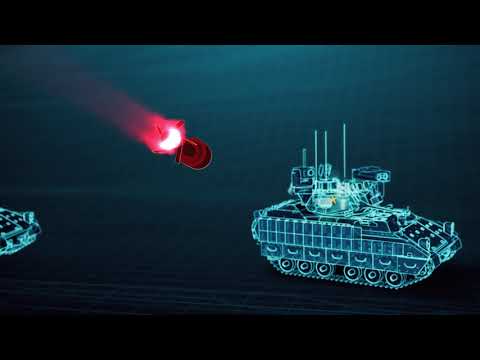


Brian Wang is a Futurist Thought Leader and a popular Science blogger with 1 million readers per month. His blog Nextbigfuture.com is ranked #1 Science News Blog. It covers many disruptive technology and trends including Space, Robotics, Artificial Intelligence, Medicine, Anti-aging Biotechnology, and Nanotechnology.
Known for identifying cutting edge technologies, he is currently a Co-Founder of a startup and fundraiser for high potential early-stage companies. He is the Head of Research for Allocations for deep technology investments and an Angel Investor at Space Angels.
A frequent speaker at corporations, he has been a TEDx speaker, a Singularity University speaker and guest at numerous interviews for radio and podcasts. He is open to public speaking and advising engagements.




